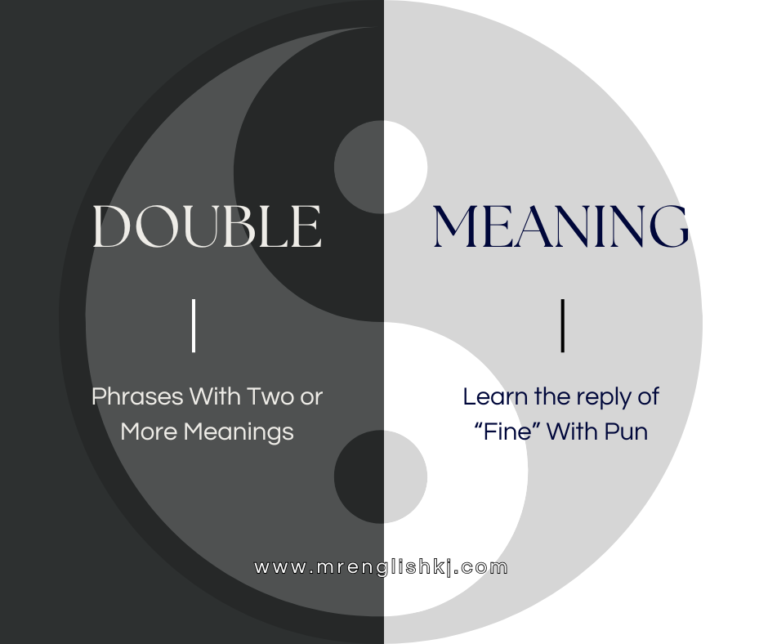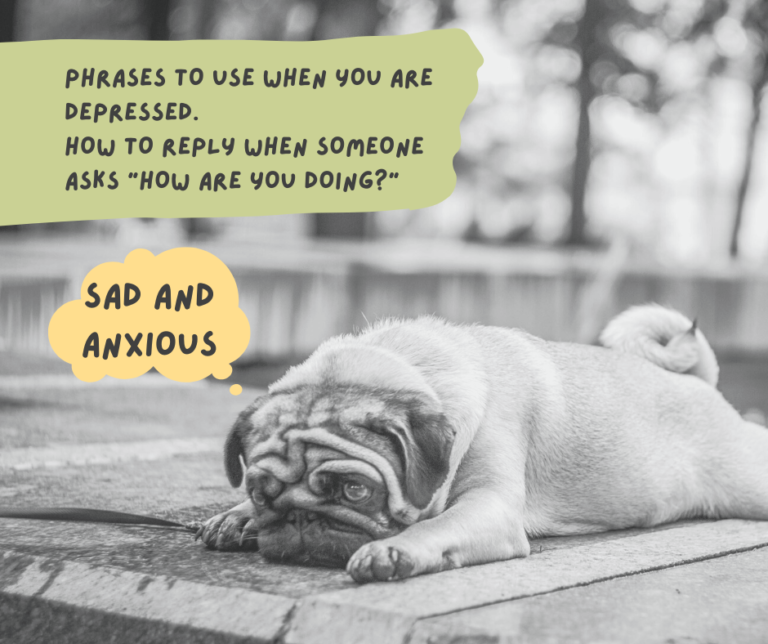
Past Simple vs Present Perfect: The Complete and Clear Differences With Examples
Learning the difference between Past Simple, Present Perfect Tense is one of the biggest challenges for English learners. These tenses look similar, but they tell different stories about time, truth, result, and completion.
This guide gives you a crystal-clear explanation with rules, examples, timelines, comparisons, shortcuts, and easy formulas.
Nothing confusing. No complicated grammar. Just simple, direct, powerful English.
Table of Contents
- What Is the Main Difference Between These Tenses? (Quick Overview)
- Complete Differences Explained in Depth With Clear Examples
- Past Simple vs Present Perfect: Detailed Summary Table
- Frequently Asked Questions: Most Important Concepts
- Practice the Difference Between Past Indefinite and Present Perfect Tense: Quick Tests for Strong Grammar Skills
What Is the Main Difference Between These Tenses? (Quick Overview)
PAST SIMPLE (Past Indefinite) TENSE
Used for:
- A completed action in the past
- Definite, indefinite, or unspecified time
- Changed or old truths, habits, and routines
Formula:
- Verb 2nd form
- Did + base form
PRESENT PERFECT TENSE
Used for:
- Completed actions with indefinite or unspecified time
- Results connected to now
- Experience, change, and achievements
- Life events without exact time
Formula:
- Has/Have + V3
Complete Differences Explained in Depth With Clear Examples
Completed Action or Event at a Definite Time: Past Simple Only
We use Past Simple when the time is clear, fixed, and definite. A definite time which you can easily explain.
Examples:
- I saw you there 5 days ago.
- He supported me a year ago.
- Mona wrote this article months ago.
- We did not see him from January 2000.
- He stopped calling me when he went to London.
- Jon lived in the village when he had no money.
👉 All bold parts show a clear, definable time → So only Past Simple works.
Completed Action or Event at an Indefinite Time: Past Simple or Present Perfect
When the time is not clear, definite, or fixed. An indefinite time which you cannot easily explain, we use Past Simple or Present Perfect.
Common Time Words: already, recently, finally, earlier, occasionally, lately, before, ever.
Examples:
- I recently saw you there. or I have recently seen you there.
- He finally supported. or He has finally supported me.
- Sasha already parked her car. or Sasha has already parked her car.
- We did not see him earlier. or We have not seen him earlier.
- He occasionally stopped calling me. or He has occasionally stopped calling me.
- Andrea lived in the village a long time ago. or Andrea has lived in the village a long time ago.
👉 All bold parts show a unclear, indefinable time → So Past Simple or Present Perfect Tense works.
Completed Action or Event in Unspecified Time: Past Simple or Present Perfect
When an action or event has been completed and we do not show or mention any time in a sentence, we use Past Simple or Present Perfect.
Examples:
- I saw you there. / I have seen you there.
- He supported me. / He has supported me.
- Angelica wrote this article. / Angelica has written this article.
- We did not see anyone. / We have not seen anyone.
- He stopped calling. / He has stopped calling.
- Moira lived in the village. / Moira has lived in the village.
Past Simple vs Present Perfect: Detailed Summary Table
| Condition | Past Simple | Present Perfect |
|---|---|---|
| Definite Time | ✔ YES | ✘ NO |
| Indefinite Time | ✔ YES | ✔ YES |
| Unspecified Time | ✔ YES | ✔ YES |
| Point in Time | ✘ NO | ✘ NO |
| Period of Time | ✘ NO | ✘ NO |
| Result Effect In Present | ✘ NO | ✔ YES |
| Started in past, still happening | ✘ NO | ✔ YES (focus only on result) |
The Most Important Key Difference To Identify: When To Use Past or Present
You should understand the most simple and useful way to understand when to use Past Indefinite Tense and when to use Present Perfect Tense.
Preset Perfect Tense: As the name suggests there is a present, so any sentence that is talking about Present or that is related to present, we use this.
There are also other ways:
– When you see Present sentences around your sentence, no doubt it will be Present Perfect Tense.
– When you talk about Present then use Present Perfect.
– But do not forget the definition and usage of Present Perfect.
For examples:
– I am already in school and our 4th period has just ended.
– They have invited us now.
Past Indefinite Tense: As the name suggests there is a past, so any sentence that is talking about Past or that is related to past, we use this.
There are also other ways:
– When you see Past sentences around your sentence, no doubt it will be Past Indefinite Tense.
– When you talk about Past then use Past Indefinite.
– When there is definite time use Past Indefinite Tense.
– But do not forget the definition and usage of Past Indefinite.
For examples:
– I was already in school and our 4th period just ended.
– They invited us last night.
Frequently Asked Questions: Most Important Concepts
Why do we NOT use Present Perfect with definite time?
Because Present Perfect connects the action to now, but definite time connects it only to the past.
Is “I have seen him yesterday” correct?
No. “Yesterday” = definite time → use Past Simple only.
Correct: I saw him yesterday.
Incorrect: I have seen him yesterday.
Correct: I have not seen him since yesterday. (Point in time)
What is the difference between Past Simple and Present Perfect?
Past Simple = finished action with past time (action that ended in past.)
Present Perfect = action relevant to now / present time (action that has ended in present.)
What is the fastest trick to identify Present Perfect?
Look for:
✔ results
✔ experience
✔ change
✔ “have/has + V3”
✔ words like ever, never, already, yet, yet, just, recently.
Which tense do we use for life experiences?
Present Perfect:
– She has met the CEO.
– I have visited Japan.
How do I understand the differences better in Past Indefinite and Present Perfect Tense?
You should follow these steps:
1. Read the whole article on Present and Past Tense.
2. Go through all examples and use them in real life.
3. Try to take all the English tests available.
4. Try to practice by making sentences yourself and reply in comment section. We will correct your mistakes and improve your skills.
Practice the Difference Between Past Indefinite and Present Perfect Tense: Quick Tests for Strong Grammar Skills
Beginner Friendly Exercise With Four Options Each
Practice the tense with these interactive quizzes: It has a balanced touch of basic to advanced questions. [The content will be here soon.]
- One: Exercise 1
- Two: Exercise 2
- Three: Exercise 3
- Four: Exercise 4
- Five: Exercise 5
- Six: Exercise 6
- Seven: Exercise 7
- Eight: Exercise 8
- Nine: Exercise 9
- Ten: Exercise 10
Fill In The Blanks Quiz: Learn English With Paragraphs
Slightly more difficult then above quiz, there you will fill the blanks in the paragraphs.
- One: Paragraph Exercise 1
- Two: Paragraph Exercise 2 [The content will be here soon.]
Story Time: Learn and Improve English With Story Tests
The most useful exercises in English, you will learn English by filling interesting story gaps. You will improve not only you English but also vocabulary. [The content will be here soon.]
Advice – Never learn any language using another language. You should learn English in English, not in your native language (mother-tongue). Just like you learned your mother tongue in your own mother tongue. By learning in this way, only makes your English accurate, fluent, and you learn it like a Pro.
Practice in Comment Section: I assure our Team will correct your grammatical mistakes there.


